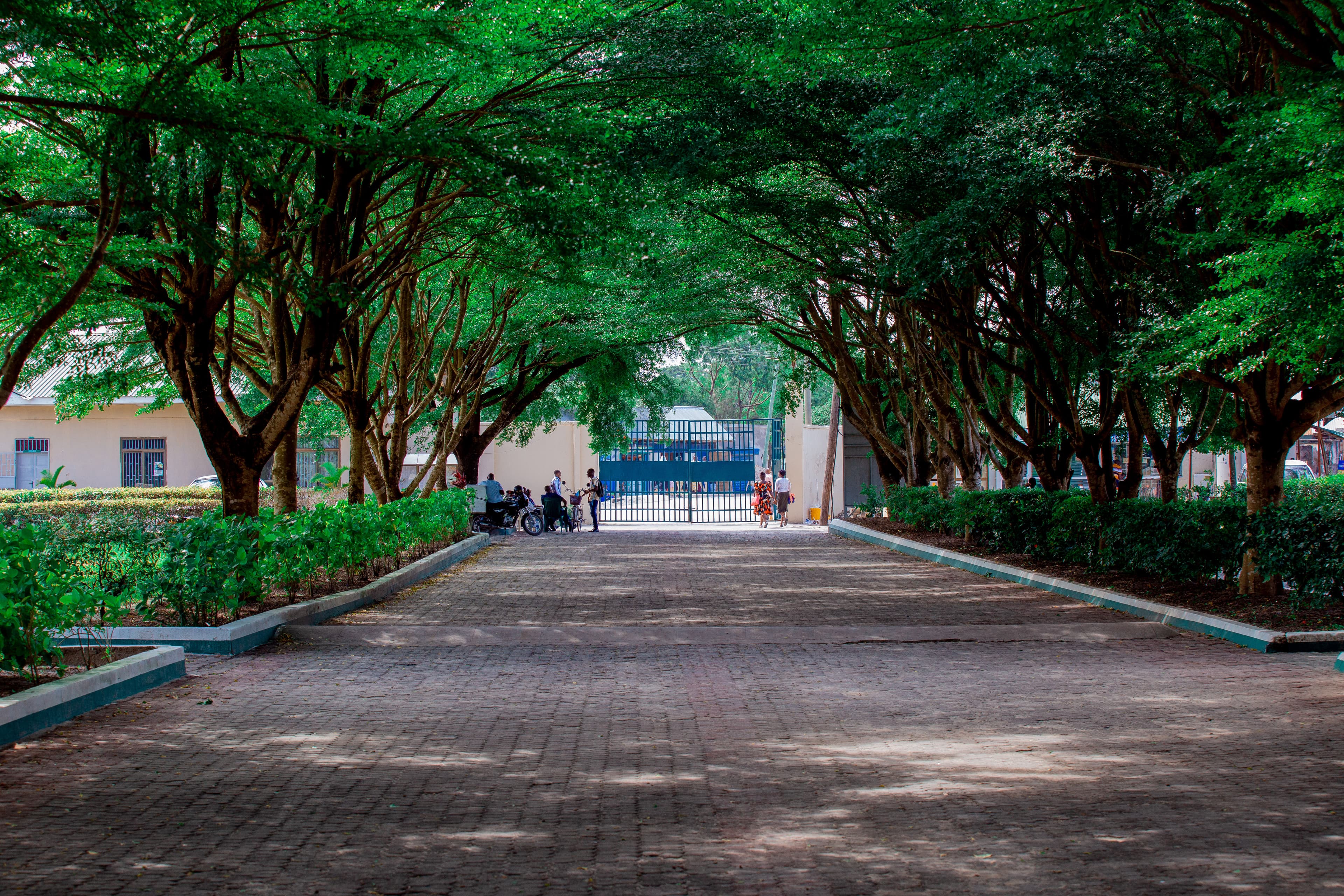
Department of Medical Laboratory Science
Excellence in laboratory medicine, diagnostics, and research.
Department Leadership

Dr. Samba Nelson
Head of Department
General Information
The Department of Medical Laboratory Science at Kampala International University in Tanzania (KIUT) aims to produce highly skilled professionals to work in various laboratories, contributing to healthcare service delivery and national development. The department offers a four-year Bachelor of Medical Laboratory Sciences programme, designed to meet the demands of globalization, competitiveness, and industrialization in the health and industrial sectors.
Philosophy
The Medical Laboratory Sciences department is dedicated to producing competent, innovative, and flexible laboratory personnel capable of adapting to the dynamic changes in profession, technology, and socio-economic needs. Medical Laboratory Sciences is both an art and science of disease investigation and diagnosis, emphasizing the fundamental right to accessible health laboratory services for all, regardless of gender, age, race, religion, or socio-economic background.
- The practice of medical laboratory sciences requires compassion, respect, empathy, and adherence to ethical and legal standards.
- Environmental interactions impact health and illness, requiring laboratory personnel to acknowledge these patterns.
- Education is a continuous process, embracing new technology and community demands to deliver quality, cost-effective services.
- Learners are responsible for their learning and self-development through active participation.
- Teamwork is essential at all levels of training.
Vision
To have competent laboratory personnel who will provide laboratory services effectively at different healthcare settings and cope with existing and emerging health issues.
Mission
To establish a conducive and sustainable training environment that allows students and graduates to perform competently at their relevant levels and aspire for higher knowledge, skills, and attitudes in promoting health, preventing diseases, and caring for clients in all settings.
Aim of the Programme
The Bachelor of Medical Laboratory Sciences programme aims to:
- Form a flexible course responsive to the dynamic world of work and society.
- Provide medical laboratory skills, knowledge, and behaviors vital to learners, employers, and the community.
- Entice self-realization and teamwork spirit to enable graduates to perform efficiently and aspire for higher-level training.
- Build capacity to participate in the implementation of National Health Policy and its accompanying Operational Guidelines.
- Promote moral, legal, and ethical conduct among laboratory personnel and other health workers within the laboratory sciences profession and national legal framework.
Purpose of the BMLS Programme
The training is designed to provide Medical Laboratory Sciences knowledge, skills, and appropriate attitudes to learners. All taught courses are intended to build learners’ knowledge and skills necessary for acquiring competencies for the practice of Medical Laboratory Sciences.
Objectives
General Objective
To form a career advancement and a primary role for medical laboratory management in healthcare service delivery.
Specific Objectives
- Impart graduates with managerial and leadership knowledge and competencies to manage their environment in the provision of Medical Laboratory Services.
- Impart appropriate knowledge, skills, and attitudes relevant to medical laboratory sciences practice about preventive and curative healthcare services in the community.
- Produce a Medical Laboratory professional capable of carrying out scientific research as well as teaching the lower cadre.
- Steer creativity and innovativeness in response to challenges inherent in medical laboratory sciences practice and healthcare delivery.
- Inculcate a culture of teamwork and build critical thinking and problem-solving skills in medical laboratory sciences and healthcare practice.
- Promote a good sense of citizenship, accountability, and responsibility to graduates.
- Provide an international outlook for graduates and widen learners’ advantages in regional and international labor markets.
- Produce graduates majoring in Haematology and Blood Transfusion, Histopathology and Cytopathology, Medical Microbiology, and Chemical Pathology.
Academic Programmes
The Department of Medical Laboratory Science offers a comprehensive four-year Bachelor of Medical Laboratory Sciences programme, designed to equip students with the skills and knowledge needed to excel in laboratory diagnostics and healthcare.
Career Guidance
The Department of Medical Laboratory Science fosters a supportive relationship between teaching staff and students, providing emotional and academic support. Staff regularly offer guidance on career development and inform students about opportunities available both in Tanzania and globally, preparing them for roles in laboratory diagnostics, research, and healthcare management.
Laboratory Practical Training
Students are trained in medical laboratory sciences through hands-on experience in the university’s teaching laboratories. To ensure competency, students are assigned to clinical laboratories in various government hospitals for prescribed periods. During tertiary training, they are attached to regional and referral laboratories across the country, where they produce detailed reports on their training experiences.
Research Focus
The Department of Medical Laboratory Science emphasizes scientific research to address healthcare challenges. Students and faculty engage in research projects focusing on areas such as haematology, medical microbiology, histopathology, and chemical pathology, contributing to advancements in diagnostics and disease management.
Global Perspective
The department prepares students for the global healthcare landscape by fostering an international outlook. Graduates are equipped to compete in regional and international labor markets, with training that aligns with global standards in medical laboratory sciences and healthcare delivery.
Contact Information
Physical Address:
Faculty of Medicine, Pharmacy and Allied Health Sciences
Kampala International University in Tanzania
Dar es Salaam, Tanzania
Postal Address:
P.O. Box 9790
Julius K. Nyerere Road, Gongo la Mboto
Dar es Salaam, Tanzania